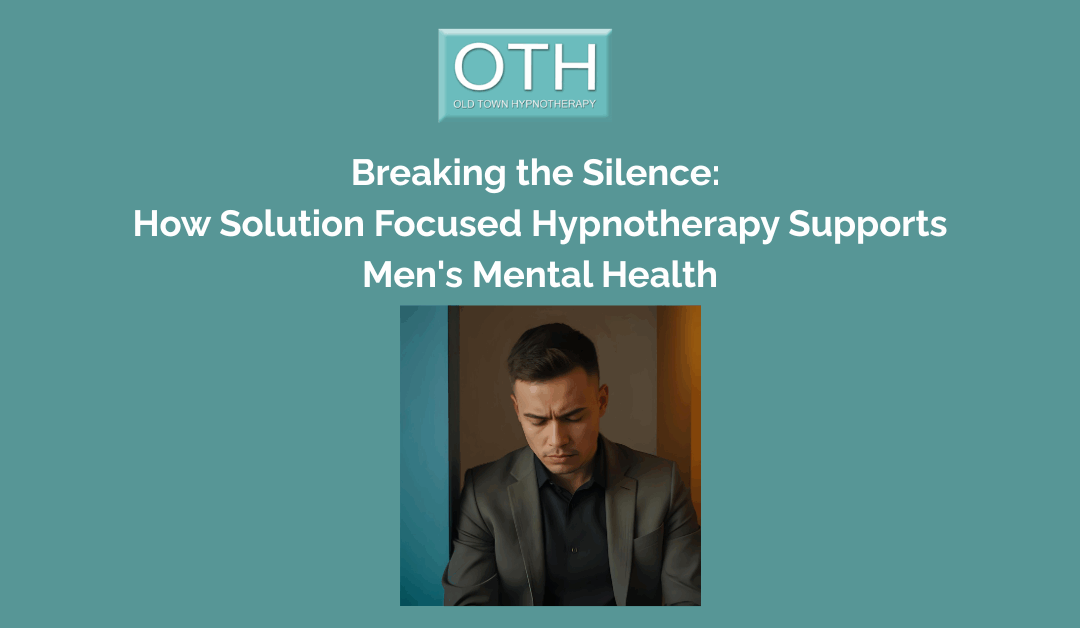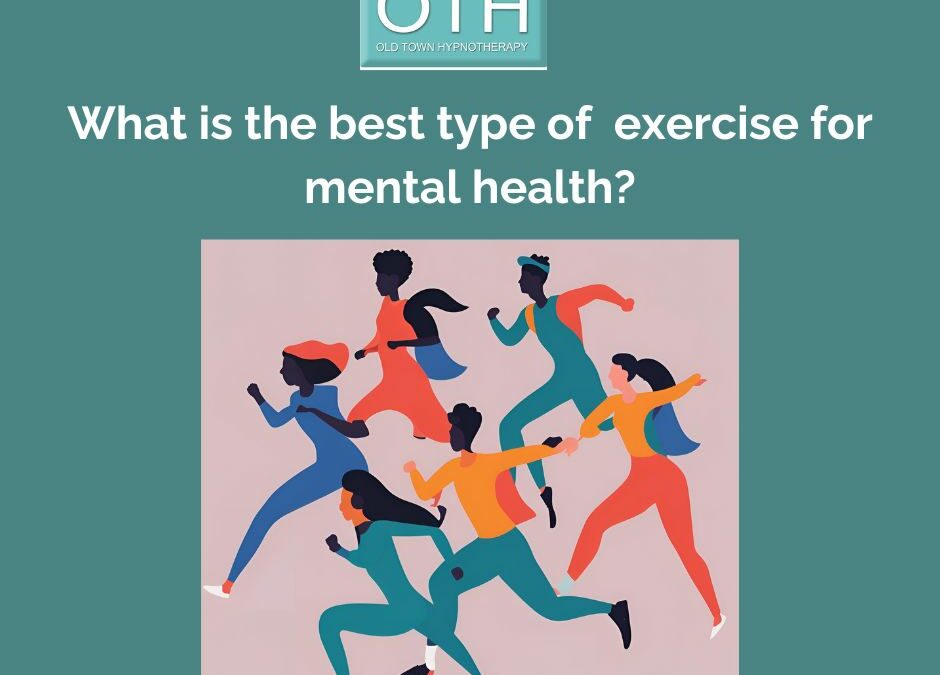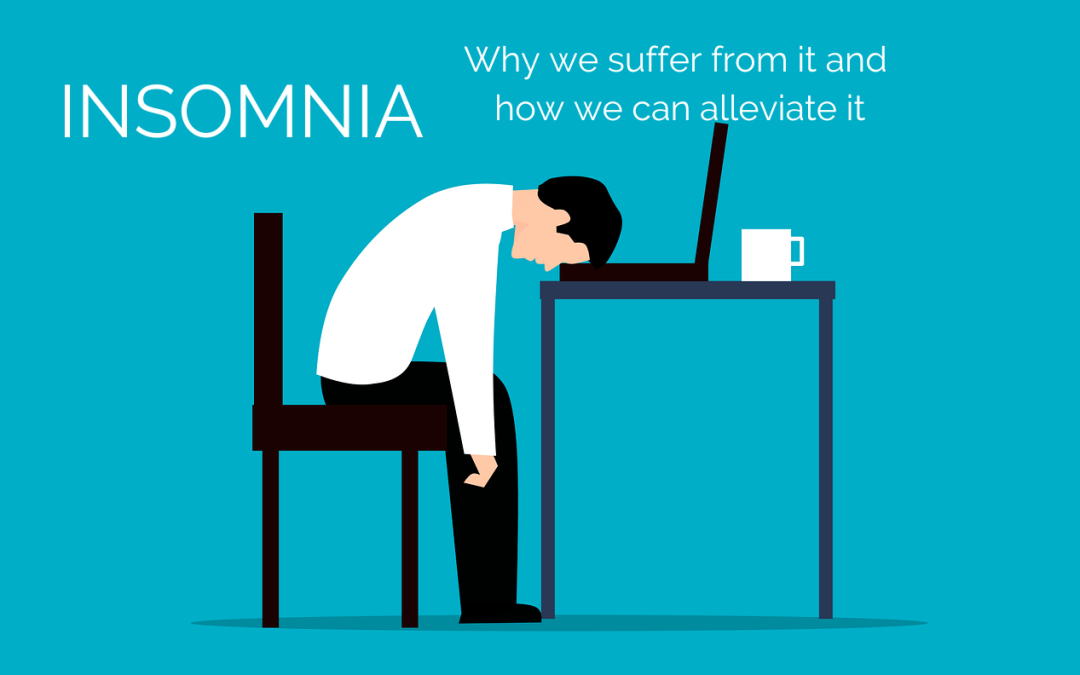Author & Video – Maddy Boardman
Image by Free-Photos from Pixabay
The Pitfalls of Perfectionism
Perfectionism is a personality trait describing an individual who has excessively flawless performance goals for themselves, or for others. It is not a mental illness, but it is a common factor in many mental illnesses. At a controlled level perfectionism can be advantageous, especially in a workplace environment where a perfectionist will set very high standards for themselves and work incredibly hard to achieve them. However, perfectionists often fall short of their unrealistic expectations, resulting in high levels of anxiety and negative stress, putting them at risk of illnesses such as Obsessive Compulsive Disorders, eating disorders, depression and even suicide. Perfectionism can be categorised by three subtypes: Socially Prescribed Perfectionists, Other-Oriented Perfectionists, and Self-Oriented Perfectionists, the incidence of all three types has increased over the last three decades.
So, what are these different types of perfectionists, how do we know if we, or someone we know, is a perfectionist, and can we do anything about it?
Socially Prescribed Perfectionism
Socially prescribed perfectionists are highly self-critical individuals who feel an external pressure to be the best and anticipate rejection from others if they fail. They have a belief that other people expect them to be perfect and the only way to secure the approval of others is to achieve perfection. The often go through life feel disliked or rejected by others. Childhood experiences of parents with unrealistically high expectations can be a risk factor for developing Socially Prescribed Perfectionism, but it isn’t always the case.
An example of a Socially Prescribed Perfectionist may be an individual who worries excessively about their physical appearance and take hours choosing what to wear or how to style their hair. They might feel a pressure to maintain a spotless home and spend hours achieving their high standards or spend unnecessary lengths of time writing a social media post. They will frequently compare themselves unfavourably and unrealistically to others, while being hypersensitive to the needs, preferences, and expectations of others.
This type of perfectionism has strong associations with disorders such as binge eating, and depression and is particularly prevalent in teens and young adults. Socially Prescribed Perfectionists usually have a self-deprecating humour with a low self-esteem and a low self-regard, often feeling inferior to their peers. They can be quite antisocial and unemotional, and do not respond well to positive feedback. They often develop unhealthy and co-dependent relationships, where they neglect their own needs to cater for others.
Self-Orientated Perfectionists
Self-Oriented Perfectionists often display positive characteristics such as conscientious, high productivity, motivation and emotional intelligence. This type of perfectionism is deemed ‘the healthiest’ but sufferers often feel dissatisfied with their own successes, setting the bar very high for themselves and believing their achievements are never good enough. They ruminate excessively on their failures and are prone to critical self evaluation. They closely resemble high achievers, but high achievers are happy to do a great job, Self-Orientated Perfectionists will see anything short of perfection as a failure.
Individuals falling into this category of perfectionism may use avoidance techniques to remove themselves from situations where they might reveal a weakness. They may opt out of an activity, seeing it as pointless, if they can’t reach perfection. This type of perfectionism is a risk factor for depression, anorexia and even suicide and effects women more than men.
Other-Orientated Perfectionists
Other Orientated Perfectionists hold others to high standards and can be critical and judgmental when people do not meet their very high expectations. It is often described as the ‘darker’ form of perfectionism and is associated with narcissistic, antisocial, and uncaring personality characteristics. This variety of perfectionism makes building and sustaining close relationships emotionally painful, often for both parties involved. They can be overly critical of their partner or friends and tend to supress their emotions, creating a distance in their relationships. They don’t easily fit into a social norm and often display a sense of superiority and aggressive sense of humour that is used at the expense of others. They can be antisocial, disinterested in helping others, and struggle to be happy at other people success.
So perhaps you identify with one of these descriptions or perhaps you see someone you know in them? Many people have elements of perfectionism in their personalities and if managed positively, they can help them to do well in life.
If an individual’s perfectionist traits are expressed in a way that is detrimental and causing negative consequences to their health and happiness, it may be time to address the issue and work towards healthier thought processes. Making that connection between their happiness and thinking may not be easy, Perfectionists usually have an inflexible attitude towards changing their thought patterns, despite the consequences. The primitive brain of a Perfectionist is hypervigilant about mistakes, costantly scanning for errors and when detected they are very hard on themeselves or others. They negatively ruminate on what they see as past errors and this element of their personality can put them at considerable risk of depressive disorders.
A perfectionist who has recognised the pitfalls and wishes to change could start proactively noting the things they are doing well or the positives in their days. Their internal narrative will be undoubtedly negative and critical, so they could consider challenging their thought patterns and using affirmations to remind them of their strengths. They could adopt new strategies to reduce their overall stress levels – we know regular exercise is vital to our mental health and meditation can help balance us out. Ultimately, if you identify as a perfectionist and you want to change, you need to find the right way for you to do that, rather than have someone else tell you how. You are the expert on you and finding your own solutions is the key to leading a calmer, healthier and happier life.
At Old Town Hypnotherapy, Perfectionists often present in clinic with high stress levels or depression, rather than as self-proclaimed perfectionists. During the therapy part of their sessions, they start to identify the small steps they can take to live a more positive, healthier version of their life. During the hypnosis part of the session, they start to embed these small steps into their thought patterns, helping these changes to manifest in their daily lives.
Free Initial Consultations, in person or online are available for anyone interested in finding out more about how we can help.
.

Other blogs you may be interested in

Breaking the Silence: How Solution Focused Hypnotherapy for Men Supports Men’s Mental Health
Discover how Solution Focused Hypnotherapy for Men effectively enhances men’s mental health by offering practical, stigma-free, and goal-oriented therapy that produces genuine results.

What is The Best Type of Exercise for Mental Health?
What is the Best Form of Exercise for Mental Health? We all know exercise is important for its physical benefits, in clinic we regularly discuss the significant impact exercise has on mental health too. Regular and enjoyable physical activity creates a powerful...

10 Strategies to Combat Overwhelm
10 Strategies to combat feelings of overwhelm As we enter the final few days before Christmas and the to do list grows, how do we recognise, and combat, feelings of overwhelm? What do we mean by Overwhelm? Overwhelm is a state of feeling emotionally or mentally...

12 Strategies and Tips to Combat Loneliness
12 Strategies and Tips to Combat Loneliness Loneliness is a feeling of isolation and disconnection that can affect people of all ages and backgrounds. It’s a universal human experience that, when prolonged, can lead to mental and physical health issues. Especially in...

6 Friendship Differences Between Men and Women
6 Friendships Differences Between Men and Women I think we can probably all agree that friendships play an essential role in our lives, Research suggests that people with more friends, or at least strong social connections, tend to live longer....

Sunlight and Mental Health
The importance of sunlight for a healthy mind.

Understanding Anxiety
Understanding the biological, psychological and environmental reasons that lead to anxiety disorders.

We may have heard that having a purpose in life is important. But what actually is a purpose? Why is having one important and how do we find one?

Insomnia – why we suffer from it and 6 ways to alleviate it.
Most of us have suffered from Insomnia at some point in our lives. Sleep is the foundation of our mental and physical wellbeing, we simply don’t function well without regular, healthy sleep. Understanding why we suffer from sleep disruption can help us to avoid it.

Our Response to Physical and Mental Pain
Our Response to Physical and Mental Pain Pain comes in many forms. We know pain hurts, it is unpleasant, it is subjective, it can be acute or chronic and it can be physical or mental. When we are discussing a physical pain, we are usually referring to a...
Disclaimer | Privacy Policy | Terms and Conditions
Copyright © OLD TOWN HYPNOTHERAPY 2016 All Rights Reserved


